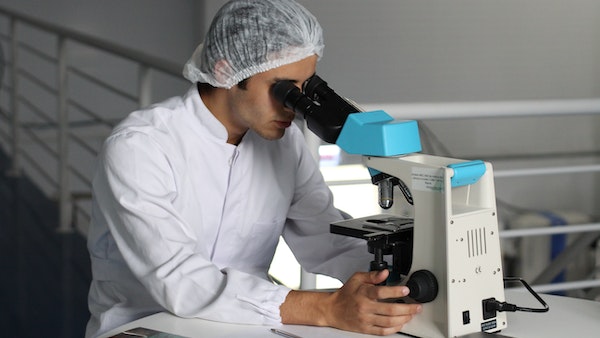Just In
- 2 hrs ago

- 3 hrs ago

- 8 hrs ago

- 11 hrs ago

Don't Miss
- Finance
 1:10 Stock Split: 1 Rs 980 Smallcap Has Split Into Ten Shares; Check Out New Price Level, Fundamentals!
1:10 Stock Split: 1 Rs 980 Smallcap Has Split Into Ten Shares; Check Out New Price Level, Fundamentals! - Sports
 Who Won Yesterday's IPL Match 33? PBKS vs MI, IPL 2024 on April 17: Mumbai Indians Escape Last-Ditched Fight by Punjab Kings To Win
Who Won Yesterday's IPL Match 33? PBKS vs MI, IPL 2024 on April 17: Mumbai Indians Escape Last-Ditched Fight by Punjab Kings To Win - Movies
 Do Aur Do Pyaar OTT Release Date & Platform: When & Where To Watch Vidya Balan’s Film After Theatrical Run?
Do Aur Do Pyaar OTT Release Date & Platform: When & Where To Watch Vidya Balan’s Film After Theatrical Run? - News
 BRS Chief K Chandrasekhar Rao Slams BJP, Says K Kavitha's Arrest Is Vendetta Politics
BRS Chief K Chandrasekhar Rao Slams BJP, Says K Kavitha's Arrest Is Vendetta Politics - Automobiles
 Aprilia RS 457 Accessories: A Detailed Look At The Prices
Aprilia RS 457 Accessories: A Detailed Look At The Prices - Education
 Karnataka SSLC Result 2024 Soon, Know How to Check Through Website, SMS and Digilocker
Karnataka SSLC Result 2024 Soon, Know How to Check Through Website, SMS and Digilocker - Technology
 Nothing Ear, Ear a With ANC, Up to 42.5 Hours of Battery Launched; Check Price and Availability
Nothing Ear, Ear a With ANC, Up to 42.5 Hours of Battery Launched; Check Price and Availability - Travel
Telangana's Waterfall: A Serene Escape Into Nature's Marvels
Eye Implants Made From Pigskin Proteins Restored Sight In 14 Blind People: Things To Know
A newly published study in the journal Nature Biotechnology tells us about revolutionary eye implants that were made from proteins found in pigskin and restored the vision of 14 blind individuals. The research was published on 11 August. [1]

Twenty patients from Iran and India with corneal damage were studied by researchers from Tehran University of Medical Sciences and Linköping University in Sweden. Out of these 20 patients, 14 had blindness and were selected for the study.
About The Research
According to Neil Lagali, co-author of the study and professor of experimental ophthalmology at Linköping University, the research team employed pigskin to manufacture a substance that would help thicken and protect the cornea in order to restore the function of the eyes.
The eye implantation surgery was a success to the extent that three of the patients got perfect eyesight following the surgery, while 19 out of the 20 patients mentioned some improvement in their vision. The biggest breakthrough was that none of the patients had rejected the tissue or experienced any complications, even two years after the surgery.

Why Pigskin?
Pigskin is packed with natural collagen (protein), which is also the main protein found in the human cornea. In previous studies, human collagen was used to engineer an eye implant, but the study has limitations as human collagen is produced only in small quantities compared to pigskin collagen, and also, the implants made from the prior were mechanically weak and delicate.
Pigskin proteins were durable, cost-effective, and required less invasive suturing. It can be used as a hydrogel, similar to the cornea, and can also be engineered in a way that when surgically implanted in a human body, it does not cause any immune response or organ rejection symptoms.
Why Cornea?
One of the main causes of blindness worldwide is loss of corneal transparency, followed by poor refractive function. Despite the fact that corneal blindness can be treated by transplantation, 12.7 million people are thought to be waiting for a donor cornea, with just one cornea being available for every 70 needed.
With approximately 1 million new cases of corneal blindness each year, the burden of blindness is unequally distributed, primarily favouring low- and middle-income countries as they lack the infrastructure necessary for tissue donation, testing, and eye banking, along with the safety of donor tissue since infectious illnesses and pandemics may delay the procurement and use of donor tissue.
Due to these factors, bioengineering tissue for corneal transplantation has received a lot of attention to decrease the burden of corneal blindness, especially caused by keratoconus.
To Conclude
The research team hopes to eventually get the surgery approved by regulators after testing their findings on a larger group of patients.


 Click it and Unblock the Notifications
Click it and Unblock the Notifications






